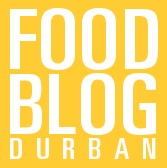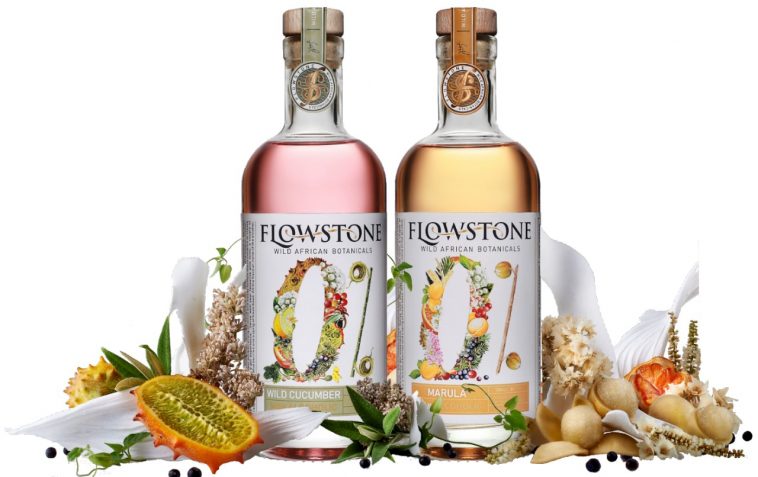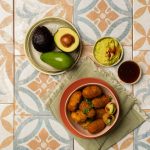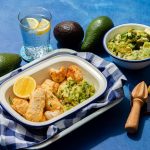There’s a new zero-alcohol drink for those who choose to limit their alcohol intake. And it’s produced by the makers of South Africa’s most awarded gin. Glyn French of Flowstone Gin tells us more
“The health and wellness trend has been with us for a number of years now, with the last really big focus being the move away from sugar. Most recently we’re seeing a sharp rise in South Africans making conscious decisions to drink responsibly,” says Glyn.
Until recently, the problem has been a lack of drinks that deliver the same taste and sense of occasion that, say, a gin and tonic gives as you toast a beautiful African sunset at the end of a lovely day. Fortunately, creative people in the wine and spirits industry, like Glyn herself, have risen to the occasion.
“We saw the need for true taste-comparable drinks, and have been researching and developing a solution that could stand proudly alongside our Wild Cucumber, Marula, Snuffbox and Bushwillow Gins,” she says.
The result is Flowstone 0%. Carefully developed, using essentially the same lead botanicals found in Flowstone’s signature range of gins, Flowstone 0% is crafted in Glyn’s distillery in the heart of the Cradle of Humankind.
Focusing on two lead botanicals, Wild Cucumber and Marula, without alcohol as the carrier, the distillations are concentrated to provide the same punch of flavour delivery. Unlike a lot of the alcohol-free gins on the market Flowstone’s 0% is actually distilled not just flavoured, she emphasises.
“We are proud of what we have produced,” she says. “Our 0% ‘spirits’ are specifically designed to be enjoyed with tonic in order to deliver a real G&T experience. And, of course, with added garnishes, these drinks are just as celebratory and seductive as any gin.”
To add to the enjoyment0% is tinted with 100% natural colouring: Wild Cucumber 0% is a gentle pink while Marula 0% captures a blush of sunset. Celebratory indeed.
The rise of non- and low-alcohol sips in South Africa
In 2020, South Africa’s total sales of alcohol-free beverages reached 1.34 million cases. The alcohol bans during Covid-19 lockdowns certainly saw sales of craft non-alcoholic drinks skyrocket. But the trend is not confined to those days of austerity, nor to South Africa alone.
Germany and Spain lead the no/low alcohol markets, while the UK and the US are showing rapid expansion (the no/low alcohol segment in the US is forecast to grow by +28% between 2021 and 2025).
According to the 2022 IWSR No- and Low-Alcohol Strategic Study “43% of adults across the focus markets who have purchased no- and low-alcohol beverages say they are substituting those products in place of full-strength alcohol for certain occasions, rather than abstaining from alcohol overall”.
Lulie Halstead, CEO of analytics company Wine Intelligence, says the South African market mirrors this finding, with Millennials and Gen Z drinkers driving the thirst for moderation. She explained to delegates at the Nedbank Vinpro Information Day in January 2022 that she sees the same trend of choosing to drink alcohol on certain occasions only, and adds another sector of “everything in moderation” drinkers – those who pace themselves, drinking both full strength and low-alcohol drinks at the same occasion.
Of course, Glyn points out, there are also those who avoid alcohol completely because they are allergic to it, pregnant, dieting, driving, don’t like it, or for cultural and religious reasons.
“We recognise and applaud the increasing numbers of South Africans who choose to be responsible about their alcohol consumption by drinking occasionally or opting to consume both alcoholic and non-alcoholic drinks at an occasion. We want everyone, including those who blend, substitute or abstain, to be able to enjoy the same experience as the fans of our Flowstone Gins. I foresee a time where all drinks trays will have, say, a bottle of Wild Cucumber Gin AND a bottle of Wild Cucumber 0%.”



